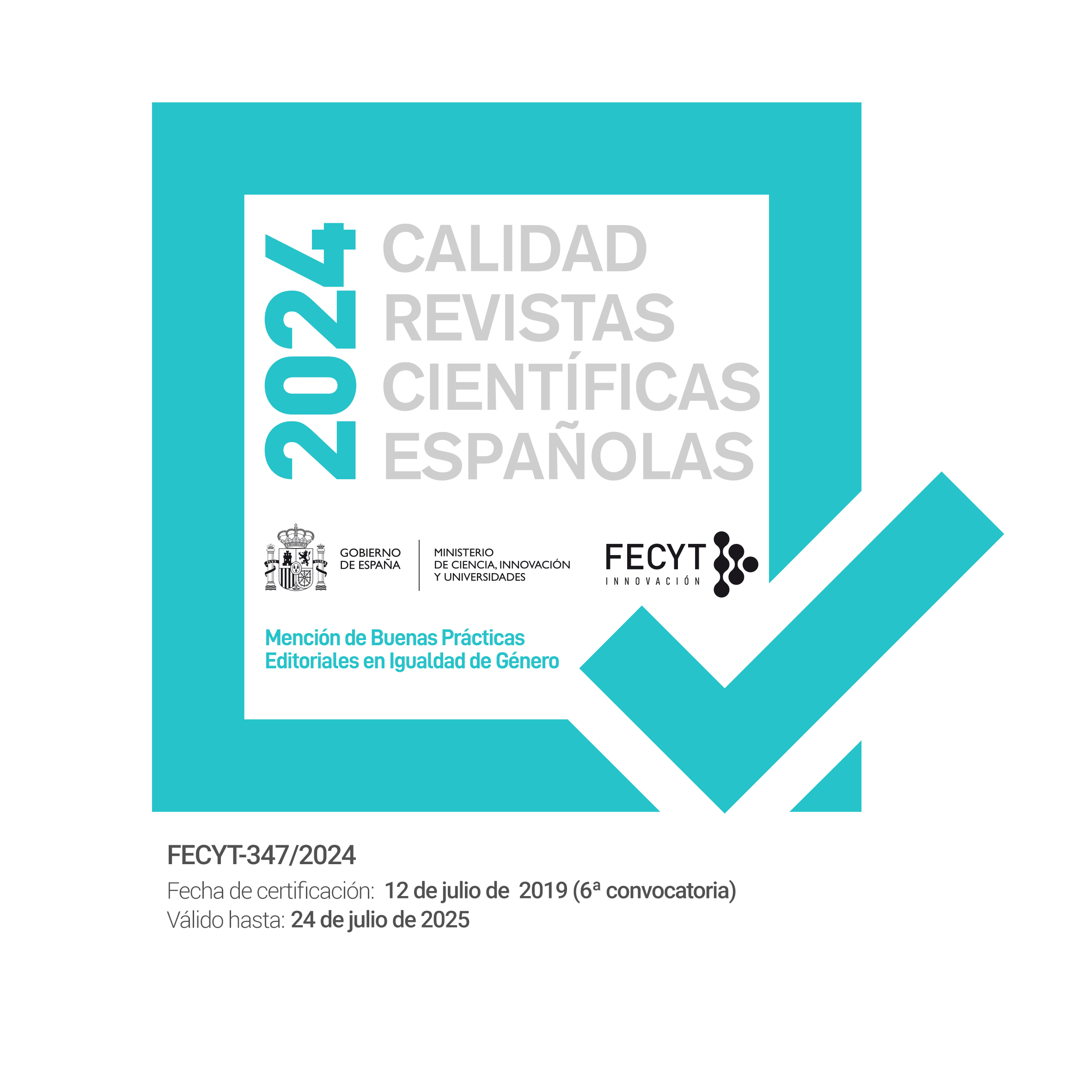El ingeniero Calvi y la concepción de la Nueva Rhode : historia, arqueología e ingeniería militar en la Rosas Renancentistas
DOI:
https://doi.org/10.5944/etfvii.14.2001.2382Abstract
Juan Bautista Calvi, ingeniero italiano al servicio de Carlos V y Felipe II fue el diseñador de la moderna plaza fuerte de Rosas y pionero del conocimiento arqueológico de Rhode, su precedente urbano, una antigua colonia griega. La historia como lección práctica fue una herramienta utilizada por Calvi: su idea relativa a Rhode y su historia condicionó algunos aspectos de su proyecto, y la utilizó como argumento contra otros proyectos. Hoy en día, los hallazgos de Calvi nos permiten completar una visión entendedora de lo que fue la antigua Rhode
Giovanni Battista Calvi, Italian engineer who served the emperor Charles V and his son Philip II, was who designed the modern fortification of Rosas in Catatonía and the pioneer of the archaeological knowledge of Rhode, urban precedent of this city an ancient Greek settiement. History as practical lesson was a kind of tool used by Calvi: his concept about the ancient Rhode and its history conditioned same aspects of his project, and he used it as an argument against other projects. Nowadays, Calvi's archaeological discoveries allows us to complete an understanding view of the evolution of Rhode.
Downloads
Downloads
Published
How to Cite
Issue
Section
License
Authors who publish in this journal agree to the following terms:
- Authors retain copyright and grant the journal right of the first publication with the work simultaneously licensed under a license Creative Commons Reconocimiento-NoComercial 4.0 Internacional that allows others to share the work with an acknowledgement of the work's authorship and initial publication in this journal.

- Authors are able to enter into separate, additional contractual arrangements for the non-exclusive distribution of the journal's published version of the work (e.g., post it to an institutional repository or publish it in a book), with an acknowledgement of its initial publication in this journal.
- Authors are permitted and encouraged to post their work online (e.g., in institutional repositories or on their website) prior to and during the submission process, as it can lead to productive exchanges, as well as to earlier and greater citation of the published work (See The Effect of Open Access).








